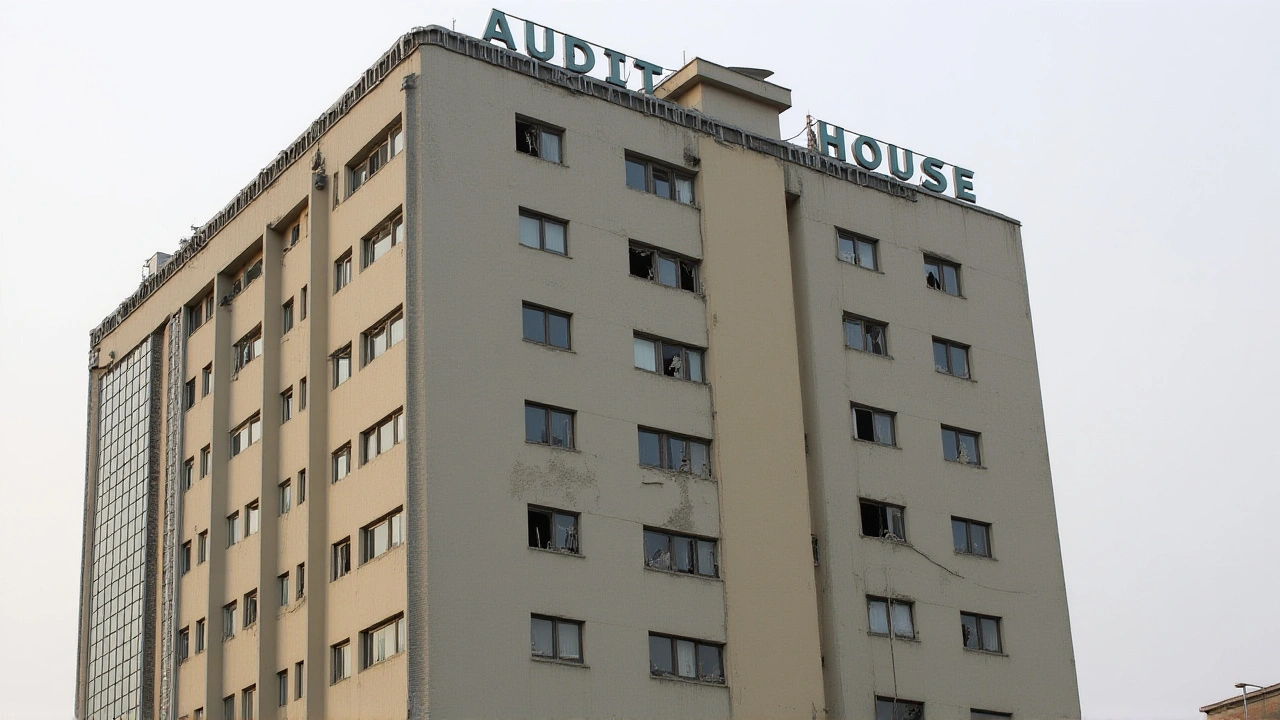Public Sector Pay Dispute
When public sector pay dispute, a conflict between government employers and civil servants over wages, benefits, or working conditions. Also known as civil service wage standoff, it happens when workers feel their pay no longer matches the cost of living or their responsibilities. hits the headlines, it’s rarely just about money. It’s about dignity, survival, and whether the state values the people who keep it running—teachers, nurses, police, clerks, and transport workers who show up every day while politicians debate budgets in air-conditioned offices.
In countries like Nigeria, South Africa, and Kenya, these disputes aren’t new, but they’re getting louder. Workers aren’t asking for luxury—they’re asking to keep up with inflation. In 2024, Nigerian teachers went on strike because their monthly salary couldn’t cover a week’s groceries. In South Africa, nurses walked out after years of no raise while hospital supplies ran low. These aren’t isolated incidents. They’re symptoms of a deeper gap: between what governments say they value and what they actually pay.
Behind every strike is a government budget, the financial plan that allocates national funds to departments like health, education, and security. and a labor union, an organized group that represents workers in negotiations with employers. clashing over numbers. Unions point to rising food and fuel prices. Governments say there’s no extra cash—yet somehow, they find funds for new vehicles or overseas trips. The public sees it. And they’re tired of being told to wait.
What makes these disputes different in Africa is how quickly they spread. A strike in Lagos can spark solidarity actions in Accra or Kampala. Social media turns local grievances into continental movements. Workers share pay slips, protest videos, and stories of children going to bed hungry. The world watches. And sometimes, that pressure forces change.
Some governments respond with promises. Others send in police. A few actually negotiate. But the pattern is clear: when pay disputes drag on, public trust erodes. When they’re resolved fairly, morale improves—and so does service delivery. You can’t run a hospital or a school with angry staff. You can’t expect teachers to inspire students if they’re choosing between rent and medicine.
What you’ll find in this collection are real stories from the frontlines. From court rulings that overturned pay cuts, to workers in Harare walking out in the rain, to ministers scrambling to explain why their salaries kept rising while others’ stayed frozen. These aren’t abstract policy debates. These are lives on hold. And if you want to understand Africa’s pulse right now, you start here—with the people who make the system work, and the system that keeps underpaying them.

Nigeria Public Workers to Picket AGF Office Over January-February Salary Cuts
Keabetswe Monyake Nov 17 18Nigeria's federal workers, represented by JNPSNC, plan to picket the Accountant General of the Federation in Abuja on April 3, 2025, over alleged salary cuts in January and February. The union demands payment of arrears and restored allowances.
More Detail